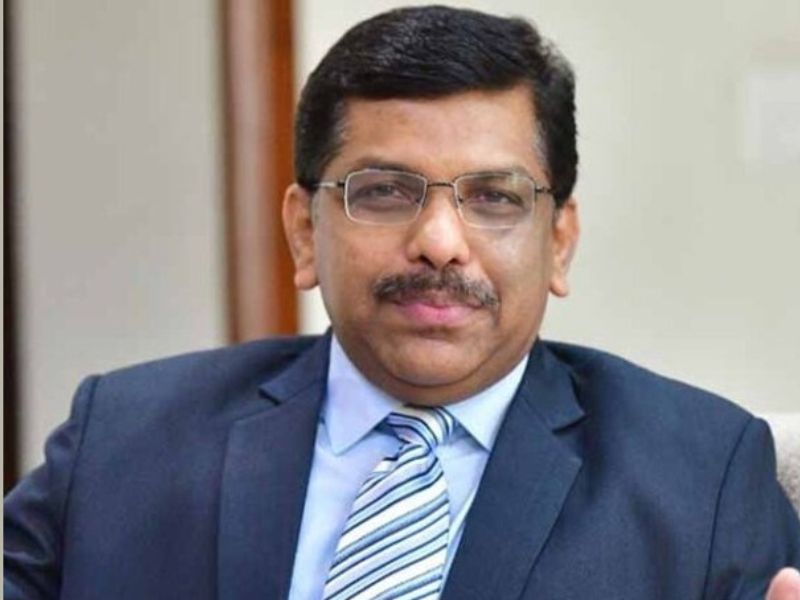This is the first education policy of the 21st century and replaces the thirty-four-year-old National Policy on Education (NPE), 1986. Prime Minister Modi launched multiple key initiatives in the anniversary event. National Digital Education Architecture (NDEAR) and National Education Technology Forum (NETF), which are among the ambitious programs of the NEP 2020, were launched.
He also gave Indian Sign Language (ISL) the status of a language subject. Now, students will be able to study ISL like any other language in schools. This will ensure inclusivity especially for different-abled students, said PM. Another inclusive programme launched today was ‘AI for All’ under which any of any age will be trained in artificial intelligence, the course is offered online in regional languages.
From the start of schooling to communication in sign language, digital textbooks to a structured assessment to analyse learning, National Education Policy is extensive and futuristic. #TransformingEducation pic.twitter.com/z3AbUc4Bqi
— Narendra Modi (@narendramodi) July 29, 2021
Among other initiatives is Academic Bank of Credit that will provide multiple entry and exit options for students in Higher education; 1st Year Engineering Programmes in Regional Languages and Guidelines for Internationalization of Higher Education.
Vidya Pravesh, a three-month play-based school preparation module for Grade 1 students have been released along with SAFAL (Structured Assessment For Analyzing Learning Levels), a competency-based assessment framework for Grades 3, 5 and 8 in CBSE schools.
Commenting on the occasion, educators from different backgrounds commented on the first anniversary of the new National Education Policy (NEP) 2020.
Divya Lal, Managing Director, Fliplearn, said, “It was heartening to hear the PM acknowledging the success of digital learning in 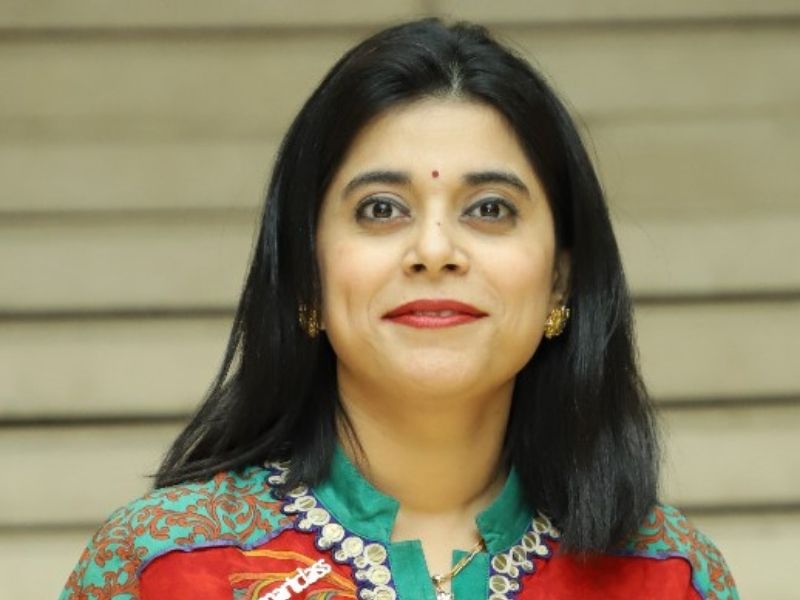 India when he spoke about NEP today. We also greatly welcome the decision to launch a competency-based assessment framework for Grades 3, 5, and 8 in CBSE schools. The Ed-tech industry is poised to support his vision for the future. Smart initiatives like integrated programme for teacher’s training designed by NCERT; SAFAL (Structured Assessment for Analysing Learning Levels) are definitely going to benefit us tremendously. The NEP is well-suited to bolstering our education system and transforming India into a global education hub. I think it is about time that school leaders across the country embrace the digital aspect of learning and use it to optimize the in-class and at-home learning experience. Adoption of the ‘Phygital Model’( i.e Physical + Digital) model of teaching is the only way to make learning more interactive and engaging in the future.”
India when he spoke about NEP today. We also greatly welcome the decision to launch a competency-based assessment framework for Grades 3, 5, and 8 in CBSE schools. The Ed-tech industry is poised to support his vision for the future. Smart initiatives like integrated programme for teacher’s training designed by NCERT; SAFAL (Structured Assessment for Analysing Learning Levels) are definitely going to benefit us tremendously. The NEP is well-suited to bolstering our education system and transforming India into a global education hub. I think it is about time that school leaders across the country embrace the digital aspect of learning and use it to optimize the in-class and at-home learning experience. Adoption of the ‘Phygital Model’( i.e Physical + Digital) model of teaching is the only way to make learning more interactive and engaging in the future.”
Surabhi Goel, CEO, Aditya Birla Education Academy, said, “We welcome the initiatives announced by the Prime Minister on the occasion of the first anniversary of National Education Policy (NEP) to support the aspirations of young learners and educators of the country. We believe that these steps will help transform India into an active learning nation by making both school and college education more comprehensive, adaptable, and flexible. The National Education Policy is a guiding path to bring advancement in the learning landscape, by making education holistic, and further developing a solid foundation for the Atmanirbhar Bharat Mission. The pandemic created an urgent need for Indian educators to constantly upskill themselves in order to stay relevant. Hence, bringing integrated programmes such as NISHTHA 2.0 for teacher training which have been designed by the NCERT, will protect teachers from becoming obsolete and will help make the education industry more accessible for teachers, aiding in their overall development.”
Sumeet Mehta, Co-founder & CEO, LEAD, said, “The National Education Policy 2020 spelled out education as being fundamental to huma
 n development and the high-quality learning opportunities that the nation must provide to its young minds to prepare them for the future. The policy is a forward-looking document and heralds the future where learning is fun, engaging and results in real-world application. While there was a lot planned for K-12 students, the implementation is happening gradually. Right from a simplification of the existing school-book content which is heavy on text, to making classroom lessons more interactive and complementing it with audio-visual content, all these guidelines are yet to see full-scale implementation. Newer areas like coding, financial literacy and artificial intelligence that are critical to the future success of students need to become a part of the curriculum in a phased-wise manner. The pandemic and prolonged school closure has made implementation even more difficult for schools, which are currently struggling to provide continued learning to students. As a result, it is difficult to gauge the benefits students have had in this one year of NEP, just the way it is hard to read the wind quality in the middle of a storm. We should wait for the storm of Covid to settle down and then assess its implementation. At the onset of the second year of NEP and with schools gradually re-opening across the country, it’s time for all of us to shift gears from crisis-management mode towards future-building mode. I am optimistic that as opposed to previous attempts, the equal effort will be taken for execution as what was put in designing and announcing the NEP guidelines.
n development and the high-quality learning opportunities that the nation must provide to its young minds to prepare them for the future. The policy is a forward-looking document and heralds the future where learning is fun, engaging and results in real-world application. While there was a lot planned for K-12 students, the implementation is happening gradually. Right from a simplification of the existing school-book content which is heavy on text, to making classroom lessons more interactive and complementing it with audio-visual content, all these guidelines are yet to see full-scale implementation. Newer areas like coding, financial literacy and artificial intelligence that are critical to the future success of students need to become a part of the curriculum in a phased-wise manner. The pandemic and prolonged school closure has made implementation even more difficult for schools, which are currently struggling to provide continued learning to students. As a result, it is difficult to gauge the benefits students have had in this one year of NEP, just the way it is hard to read the wind quality in the middle of a storm. We should wait for the storm of Covid to settle down and then assess its implementation. At the onset of the second year of NEP and with schools gradually re-opening across the country, it’s time for all of us to shift gears from crisis-management mode towards future-building mode. I am optimistic that as opposed to previous attempts, the equal effort will be taken for execution as what was put in designing and announcing the NEP guidelines. 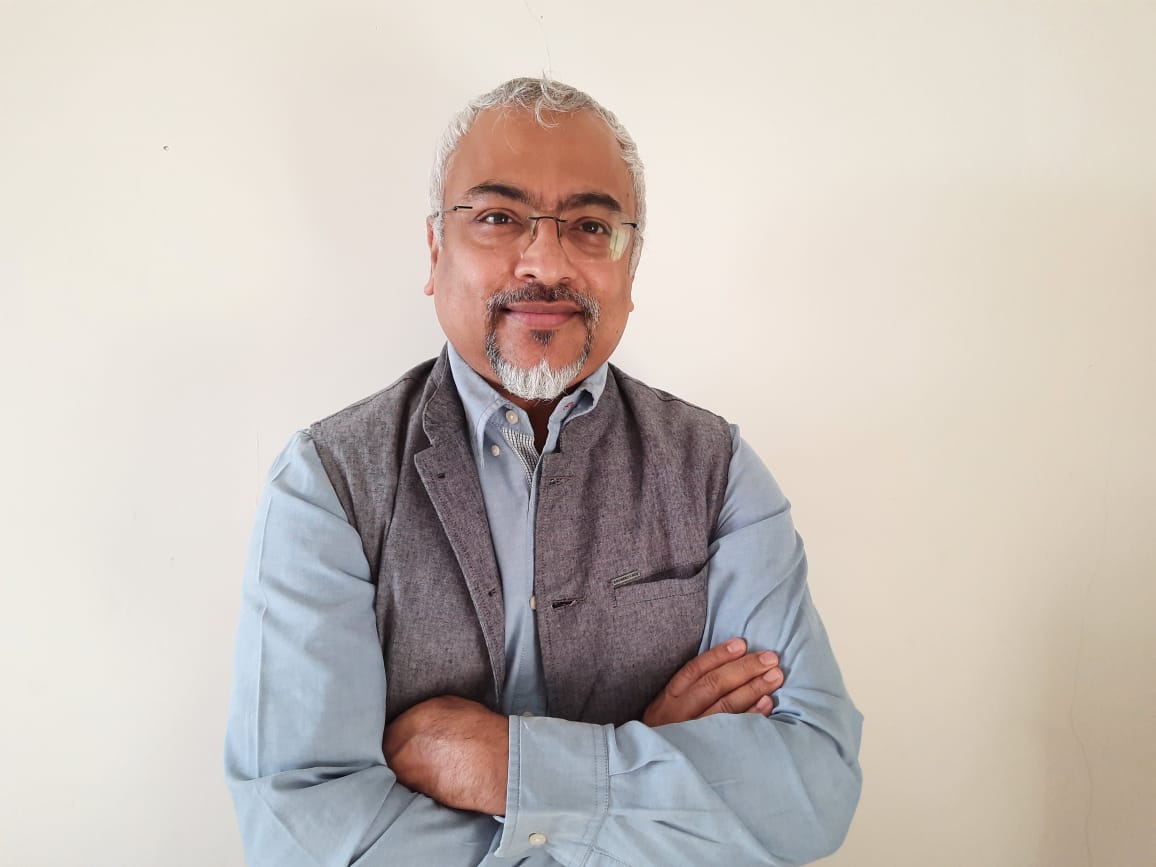 Pattajoshi, Founder, Goseeko said, “The National Education Policy 2020, introduced with the purpose of bringing about path-breaking reforms in the Indian education system, is a blueprint for an ‘Aatmanirbhar India’. It is poised to create opportunities for multidisciplinary and holistic learning environment and make education accessible for all. The emphasis now, should be on the effective implementation of the new education policy which will provide a strong foundation for our students to transform themselves, earn competitiveness of global standards and enhance their future prospects. In the current scenario, where we need to focus on is in the seamless integration of technology with Higher Education which will foster innovation in learning. In order to realise the vision of increasing the gross enrolment ratio (GER) from the current 26% to 50% by 2035, India not only needs to open new HEIs but also better equip the existing ones so that they become true seats of learning and development. Moreover, NEP provides ample scope for experiential learning. This is critical for 360-degree development of students and should be actively encouraged. I am optimistic on NEP and the profound impact it can have on Indian education.”
Pattajoshi, Founder, Goseeko said, “The National Education Policy 2020, introduced with the purpose of bringing about path-breaking reforms in the Indian education system, is a blueprint for an ‘Aatmanirbhar India’. It is poised to create opportunities for multidisciplinary and holistic learning environment and make education accessible for all. The emphasis now, should be on the effective implementation of the new education policy which will provide a strong foundation for our students to transform themselves, earn competitiveness of global standards and enhance their future prospects. In the current scenario, where we need to focus on is in the seamless integration of technology with Higher Education which will foster innovation in learning. In order to realise the vision of increasing the gross enrolment ratio (GER) from the current 26% to 50% by 2035, India not only needs to open new HEIs but also better equip the existing ones so that they become true seats of learning and development. Moreover, NEP provides ample scope for experiential learning. This is critical for 360-degree development of students and should be actively encouraged. I am optimistic on NEP and the profound impact it can have on Indian education.”
Suchetha Bhat, CEO, Dream a Dream said, ”While the aspects connected to social- emotional skills find mention in the NEP for the first time and indeed was a great opportunity for us to address adverse childhood experience plaguing over 160 million poor children of India, with the disruption that we have seen with COVID 19, it is urgent for the NEP to recognise and build an educational ecosystem that firstly addresses the trauma that our young children have suffered in the last 15 months or so, then moves away from traditional concepts of success, to truly work on ways to ensure thriving of children.”
Dr. Dishan Kamdar, Vice Chancellor, FLAME University said “One of the most significant features of the NEP announced last year was that ’quality higher education must aim to develop good, thoughtful, well-rounded, and creative individuals’. This was, and continues to be a visionary statement for all of us in the academic community. The ongoing pandemic has clearly outlined the need for individuals, especially our young people, to learn resilience, empathy, life-skills, be entrepreneurial, develop the ability to work with those having divergent views and most importantly be digitally savvy. These qualities are the essence of the multi-disciplinary way of education, whose goal is to groom students with skills to face the uncertain future. The NEP 2020 has proved that it is a truly progressive policy which will go a long way in creating a bright future for our young students.”
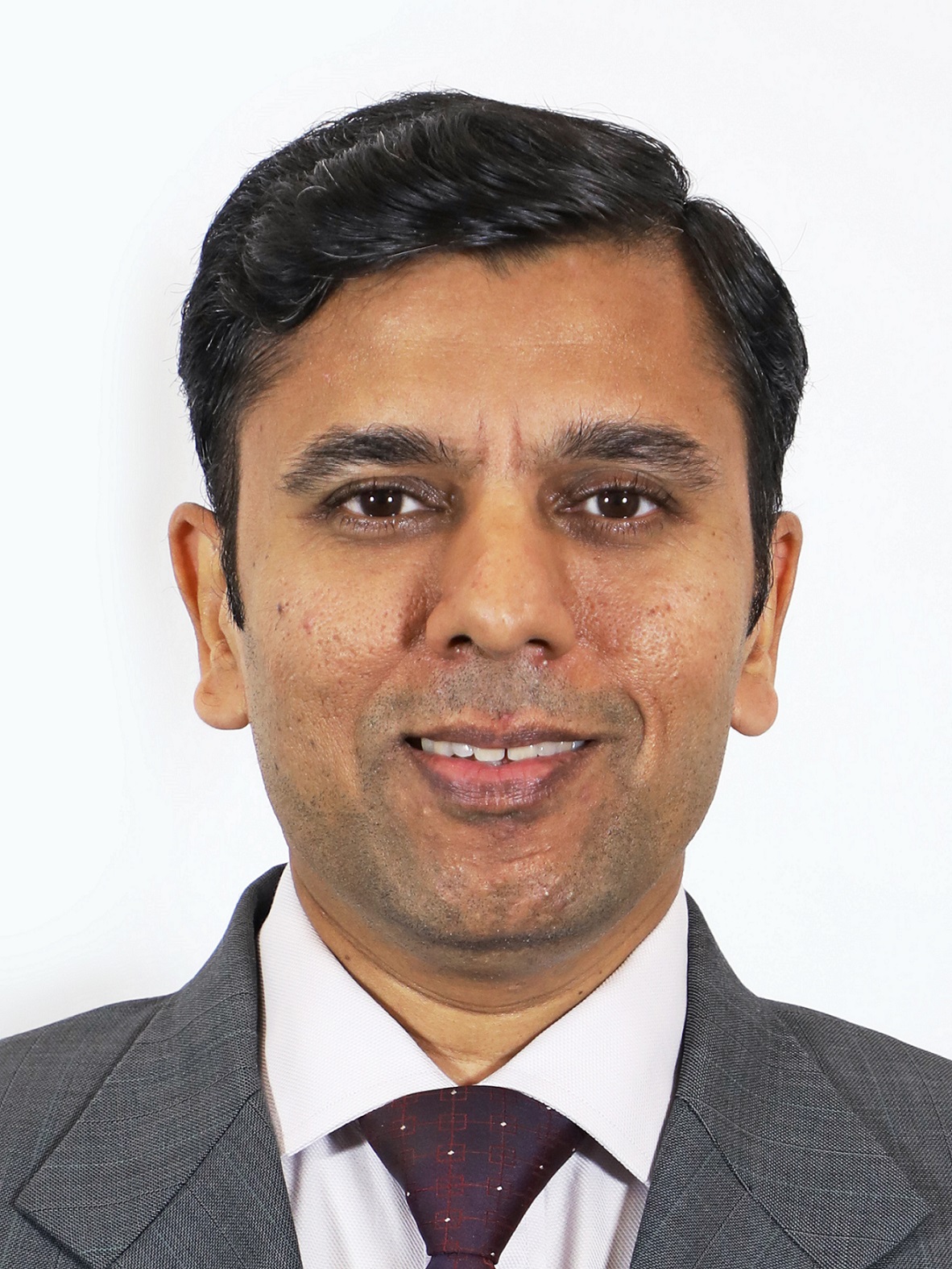 Rajiv Bansal, Director-Operations, Global Indian International School (GIIS), India, said, “Education sector is the cornerstone of growth and development of any nation and the progressive New Education Policy proposed numerous dynamic and futuristic steps to make India’s education system more inclusive and effective. The announcements made by PM Narendra Modi on the one-year anniversary of NEP2020 are transformative in nature and will benefit the entire landscape from primary to secondary to the higher education spectrum across the semi-urban and rural sectors. The launch of multiple initiatives and the new program opens a plethora of choices and makes the system more flexible in nature. These changes further the vision and agenda of affordable and competent education for all. The initiatives announced during the 1st anniversary of NEP 2020 also focuses on promoting India as a global study destination by supporting Indian Universities to set up campuses abroad and encouraging international universities to operate in India, offering students much-needed global exposure.
Rajiv Bansal, Director-Operations, Global Indian International School (GIIS), India, said, “Education sector is the cornerstone of growth and development of any nation and the progressive New Education Policy proposed numerous dynamic and futuristic steps to make India’s education system more inclusive and effective. The announcements made by PM Narendra Modi on the one-year anniversary of NEP2020 are transformative in nature and will benefit the entire landscape from primary to secondary to the higher education spectrum across the semi-urban and rural sectors. The launch of multiple initiatives and the new program opens a plethora of choices and makes the system more flexible in nature. These changes further the vision and agenda of affordable and competent education for all. The initiatives announced during the 1st anniversary of NEP 2020 also focuses on promoting India as a global study destination by supporting Indian Universities to set up campuses abroad and encouraging international universities to operate in India, offering students much-needed global exposure.
Dr. Hiranandani, Provost – HSNC University, stated, “I am delighted by the initiatives that Hon’ble Narendra Modi Ji announced to meet the Sustainable Development Agenda and transform India into a future-ready, knowledge superpower. The launch of the academic bank of credit, multiple entry and exit options for higher education students, first-year engineering programs in regional language, National Education Technology Forum (NETF), NISHTHA 2.0, and most importantly internationalization of higher education with credit transfers and twinning programs will take India to another level. These initiatives will allow both domestic and global students to pursue their careers at their convenient timelines and prepare them for Industry 4.0 at their best capacities. I believe that NEP will stimulate the youth to chase advanced education, research via technology, multidisciplinary approach, and skill development. Furthermore, the introduction of Indian Sign Language at the secondary level will boost opportunities for the handicapped students who possess the potential to transform any field with their brilliance.”
Dr. Sunita Gandhi, India’s leading educationist, “The NEP has come out as a breath of fresh air. I congratulate our Prime Minister for completing one year of such a progressive policy which has made a tremendous difference even during the COVID period. Education is in a state of emergency. This makes education our country’s most important priority after the COVID. There are many highlights to the policy but one that has the possibility of making the biggest difference is the NEP’s insistence on Foundational Literacy and Numeracy or FLN. The fact that STATE/UT governments have been asked to make detailed plans for its implementation, and its close tracking and monitoring, is no less than a revolution. The NEP insists that without basic learning, the rest of the NEP becomes irrelevant. In it lies the biggest possibility of NEP’s impact on not only education but also on equity and inclusion, the hallmarks of a great education that guarantee everyone is on the same page and that everyone knows how to read that page!”
Sasangan Ramanathan, Dean (Engineering), Amrita University (Amrita Vishwa Vidyapeetham) said, “The Prime Minister’s speech delivered to mark the first year anniversary of the introduction of New Education Policy is both timely and foresight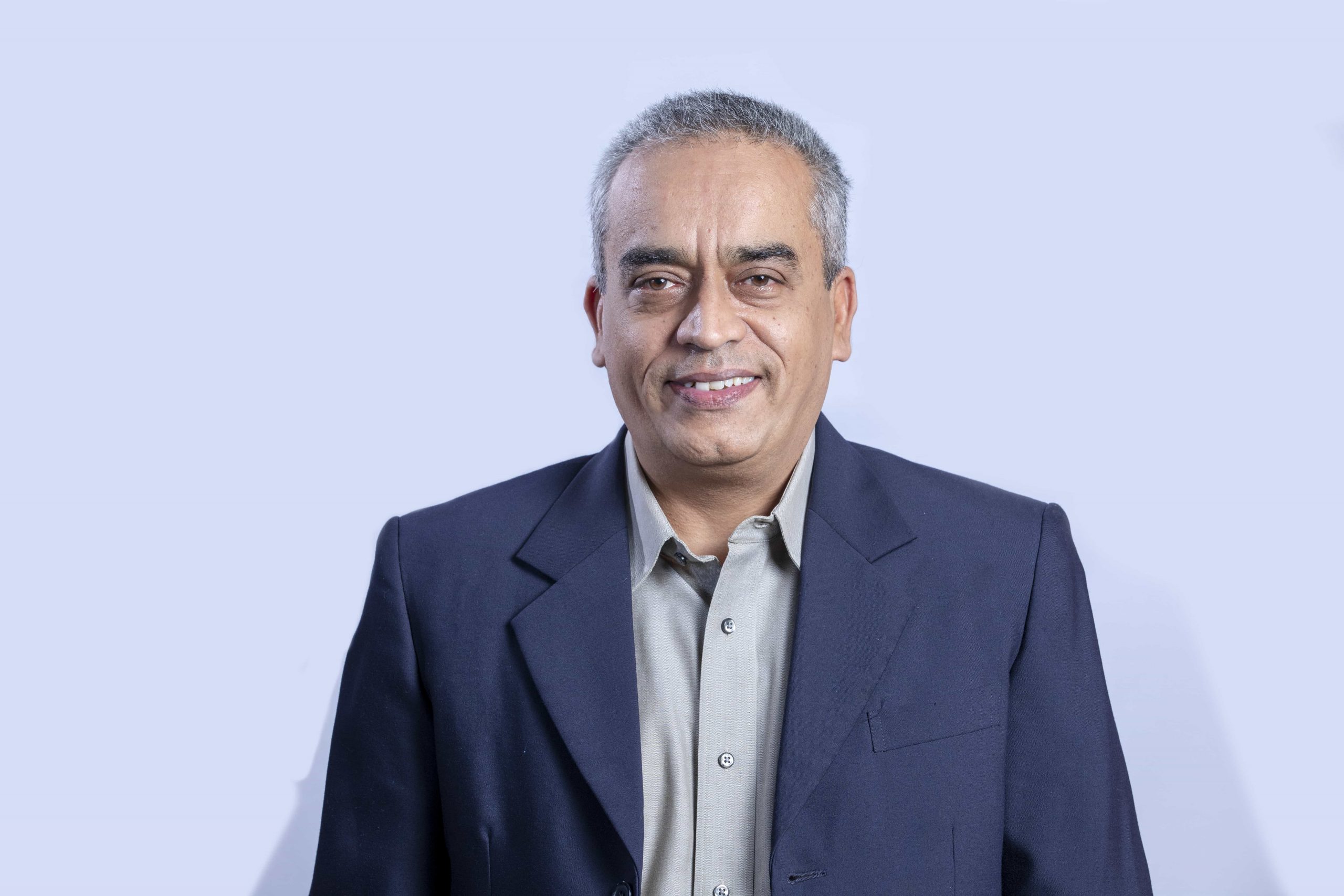 ed. As educational institutions across the country are exploring various digital means for continuity in education in the past two years of the pandemic, there is an urgent need for a platform that would facilitate the sharing of best practices and models in digital adoption. In this context, the announcement of setting up a National Education Technology Forum has come as a boon for institutions. Equally urgent and enormously important is the idea of a National Digital Education Architecture, which will function as a core digital infrastructure for India’s education sector. Its presence will help teachers to offer, and students to have a seamless digital learning experience. The PM has talked about two commendable initiatives. First is making engineering education accessible in as many as 11 Indian languages. It can be a game-changer in engineering education which will remove the language barrier for countless students with the right potential and aptitude. The second is about establishing a department for international students in every institution. Having developed world-class educational institutions, it’s time for India to regain its glorious past of attracting international students. The international student departments will help create more awareness about the capabilities of Indian institutions among the foreign students, and encourage enrolment in Indian institutions.”
ed. As educational institutions across the country are exploring various digital means for continuity in education in the past two years of the pandemic, there is an urgent need for a platform that would facilitate the sharing of best practices and models in digital adoption. In this context, the announcement of setting up a National Education Technology Forum has come as a boon for institutions. Equally urgent and enormously important is the idea of a National Digital Education Architecture, which will function as a core digital infrastructure for India’s education sector. Its presence will help teachers to offer, and students to have a seamless digital learning experience. The PM has talked about two commendable initiatives. First is making engineering education accessible in as many as 11 Indian languages. It can be a game-changer in engineering education which will remove the language barrier for countless students with the right potential and aptitude. The second is about establishing a department for international students in every institution. Having developed world-class educational institutions, it’s time for India to regain its glorious past of attracting international students. The international student departments will help create more awareness about the capabilities of Indian institutions among the foreign students, and encourage enrolment in Indian institutions.”
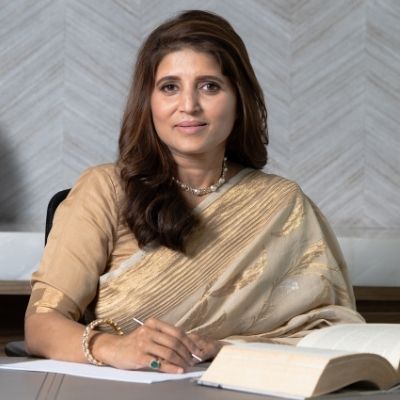 Kavita Sahay Kerawalla, Vice-Chairperson, Vibgyor Group of Schools, said, “Playful learning is central to effective early childhood pedagogy – integrating play into early education is as important for intellectual and personal growth as it is for academic success. Today, on completion of one year of the National Education Policy (NEP 2020), Prime Minister Narendra Modi brought this crucial element of learning into focus by announcing the introduction of play-based learning in school education, as a step towards realising the goals of NEP 2020. As part of this initiative, a three-month play-based school preparation module, called Vidya Pravesh, will be developed for Grade 1 students, to prepare them for the academic journey of the ensuing years. I believe that the introduction of this module is just the beginning, albeit a great one. It is important for the government and schools to slowly and steadily make playful learning a central aspect of strengthening primary education and, thus, the holistic development of every child. At VIBGYOR Group of Schools, we believe firmly in the power of high-quality early education as a facilitator of effective child development, and we stand ready to adopt any initiatives that will help us in achieving this goal.”
Kavita Sahay Kerawalla, Vice-Chairperson, Vibgyor Group of Schools, said, “Playful learning is central to effective early childhood pedagogy – integrating play into early education is as important for intellectual and personal growth as it is for academic success. Today, on completion of one year of the National Education Policy (NEP 2020), Prime Minister Narendra Modi brought this crucial element of learning into focus by announcing the introduction of play-based learning in school education, as a step towards realising the goals of NEP 2020. As part of this initiative, a three-month play-based school preparation module, called Vidya Pravesh, will be developed for Grade 1 students, to prepare them for the academic journey of the ensuing years. I believe that the introduction of this module is just the beginning, albeit a great one. It is important for the government and schools to slowly and steadily make playful learning a central aspect of strengthening primary education and, thus, the holistic development of every child. At VIBGYOR Group of Schools, we believe firmly in the power of high-quality early education as a facilitator of effective child development, and we stand ready to adopt any initiatives that will help us in achieving this goal.”NEP 2020: Implementation challenges
























